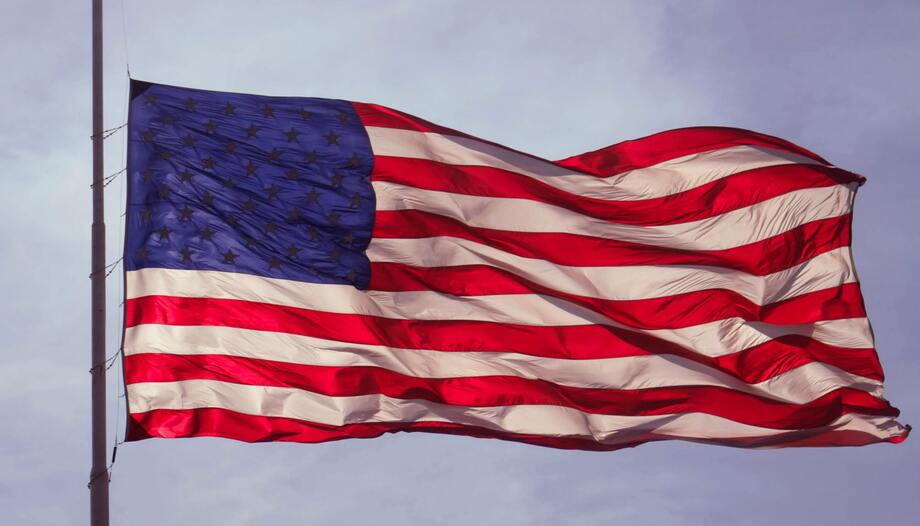In a day On the legal protection of fundamental rights organized by the Canon Law Section of the Madrid Bar Association, Professor José Ignacio Rubio spoke on the right to life in the United States. His lecture was entitled "The right to life of the unborn in the jurisprudential doctrine of the U.S. Supreme Court: from Roe to Dobbs (1973-2022)".
Professor Rubio's presentation began with a quotation from Benedict XVIIt was in Europe that the notion of human rights was first formulated. The fundamental human right, the presupposition of all other rights, is the right to life itself. This applies to life from the moment of conception until natural death. Consequently, abortion cannot be a human right; it is exactly the opposite, it is a profound social wound" (Benedict XVI, Address to the Diplomatic Corps in ViennaSeptember 7, 2007).
It is precisely that primary and sacred right to life that the U.S. courts denied on January 22, 1973 through the Roe v. Wade ruling. It has taken five decades for this ruling to be overturned.
The premises of Dobbs v. Jackson
After a long road, the U.S. Supreme Court overturned Roe v. Wade in 2022 through a new decision, Dobbs v. Jackson. In this ruling, several premises were established, as Professor Rubio explained.
Among them is, first, that abortion is not a federal right. The abortion as a right has no basis in the Constitution, history and tradition of the nation. In fact, throughout American history abortion was, at some stages, considered a crime.
Nor can a supposed right to abortion be based on the amendments that have been made to the Constitution, as explained by the judges in Dobbs v. Jackson. José Ignacio Rubio points out that all this shows that abortion became "a freedom decreed by the Supreme Court as if it were a legislative body".
Another of the premises pointed out was respect for state sovereignty. After explaining the fourteenth amendment of the U.S. Constitution, related to the protection of life, Professor Rubio pointed out that, according to some authors, abortion is also unconstitutional because it goes against this amendment.
On the other hand, the speaker pointed out that the Dobbs v. Jackon judgment is silent in relation to other possible rights. Contrary to what some voices tried to denounce. Therefore, this Supreme Court decision does not affect contraception, freedom in sexual relations or same-sex unions.
United States after Dobbs
José Ignacio Rubio mentioned some of the possible scenarios that could occur in the United States following the Dobbs v. Jackson ruling. Each State will legislate the matter as it sees fit and, respecting the jurisprudence, three different things can happen: that abortion is completely prohibited in a State; that it is permitted for the time being, given that the laws for the change are blocked in the legislative bodies; or that abortion is entirely legal, or legal with limits.
Professor Rubio quickly explained the current situation in the United States, providing data on current legislation. He explained that:
-Abortion is legal, based on the viability of the baby, in 15 states.
-Abortion is legal up to 24 weeks in 4 states.
-Up to week 22 in 7 states.
-Up to week 20 in 1 State.
-It is legal up to 18 weeks in Utah.
-Abortion is permitted up to 15 weeks in 2 states.
-It is allowed up to week 6 in Georgia.
-Abortion is legal without gestational limit in 5 states and in the capital, Washington, D.C.
-Abortion is illegal in 13 states.
A grave injustice
At the end of the presentation, José Ignacio Rubio explained some of the reasons why he considers abortion to be a great injustice, mentioning in the first place that this (misnamed) right, in reality, "deprives the unborn of the right to life". In addition, it "injures the integrity and the physical and psychological health of the mother, even if the act is consensual". On the other hand, the injustice is committed against the whole community, since it is deprived of a good and "injects society with a dose of violence". And finally, abortion is a grave injustice because it "attacks a right of God".











